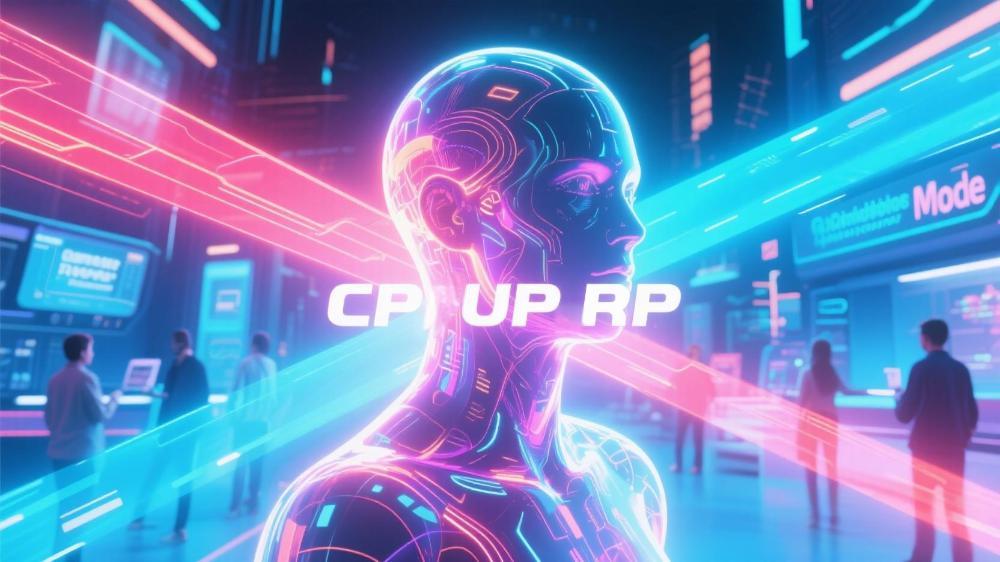
After exploring the necessity and philosophical foundation for rebuilding trust, we must answer a core question: what will be the carrier for this weighty, computable trust? The answer is: a new form of digital identity. We must redefine “digital identity.” It should no longer be the disposable “accounts” or “avatars” we register on various platforms. It must become the sole vessel of our digital persona, a dynamic and unique social contract that records all our actions and carries all our credit.
Q-Linked’s Digital Identity: A Dynamic and Unique Social Contract Link to heading
Uniqueness and Binding: Q-Linked’s digital identity, through Decentralized Identifier (DID) technology, is strongly bound to your personal cryptographic keys. It is one-of-a-kind and completely under your control. It is no longer a static card representing “who you are,” but a living entity dynamically recording “how trustworthy you are.”
Responsibility and Redemption: This contract acknowledges human complexity. It allows for mistakes but demands that commitments be honored and amends be made. A merchant who provides a poor user experience due to negligence can gradually repair their credit score through proactive remedies and subsequent honest operations. However, for malicious acts that cause significant harm to the ecosystem (such as large-scale fraud or spreading disinformation), a “credit circuit breaker” will be triggered. Their credit score will be reset to zero, and they may even be temporarily or permanently excluded from the trust network. This contract has both warmth and a sharp edge.
The Core Mechanism: The Great Separation of Credit and Rights Link to heading
To ensure the fairness of this social contract, we have designed and established an unshakeable constitutional principle: the great separation of credit and rights. This is a profound institutional design aimed at fundamentally dismantling the logic that “money is everything.”
Credit can only be “Earned” through contribution. It answers the question, “Are you trustworthy?” Merchants accumulate their Dynamic Merchant Credit Score (D-MCS) through each act of honest fulfillment. Users accumulate their User Contribution Proof (UCP) through each valuable community contribution. This is a slow, fair process that cannot be “burned” through with money.
Rights can be “Purchased” through investment. It answers the question, “How much have you invested in the prosperity of the ecosystem?” In our ecosystem, the core right is the opportunity for business growth (such as recommended traffic). Merchants can obtain Platform Service Deeds (PSD) by paying service fees and “accelerate” their business development by consuming PSDs.
This Separation Principle Creates a Unique Check and Balance. Link to heading
A well-capitalized merchant can purchase a large number of PSDs to gain exposure, but if their D-MCS is too low, the system will fundamentally limit the efficiency of their traffic acquisition, even flagging them as “high-risk.” No amount of resource investment can whitewash a stained credit record. Conversely, a small merchant with an extremely high D-MCS can gain significant weight in traffic distribution even with a small number of PSDs. Excellent credit, in itself, is the most powerful leverage.
The Endgame: A Self-Driving System Towards Goodness Link to heading
It is precisely this core mechanism of “separation of credit and rights” that ensures the long-term optimal strategy for every participant in the ecosystem—be it a merchant or a user—is to continuously engage in trustworthy and contributory behavior. Because only in this way can they accumulate the core asset—credit—and, on that foundation, maximize the return on their resource investments.
This is the underlying logic through which we guide commerce and human hearts towards goodness. We believe that a good system should not test human nature, but guide it. Through this social contract of digital identity that carries trust, the world we hope to build is one where it is easier for “good people” to succeed.